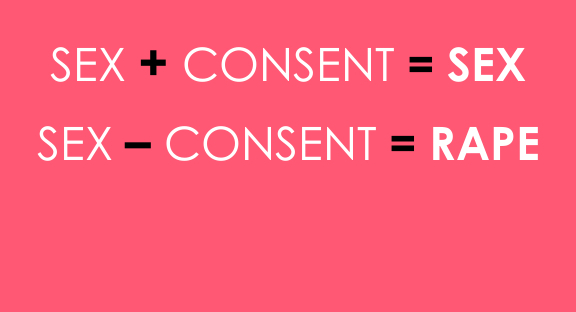By Evi Tsakali,
The title of this article may appear to be rather misleading.
You may wonder at this point, how does Medusa blend in all this? Don’t worry, you are not going to read about an ancient Greek myth in a refugee rights-themed site. Because Medusa is much more than a Greek myth; much more than the snake-haired woman who could turn you into stone with just one stare.
Medusa was once a regular woman, a maiden whose incredible beauty caught the eye of Poseidon (the God of the sea). As a god who would always get what he wanted and do as he pleased, he raped her in the sacred temple of Athena (the Goddess of wisdom). Athena, furious, proceeded to transform Medusa into the snake-haired monster that we know. The mythological symbol of monstrosity, the femme fatale who would lead dozens of men to their deaths, was actually an innocent rape victim who was unfairly punished instead of her rapist.
Medusa should have been the symbol of injustice when it comes to rape cases. She should remind us how we tend to blame the victims and leave the rapists untouched by justice. Today, so many centuries after the conception of the myth, the story of Medusa still remains relevant.

“If you get sexually assaulted/raped, why wouldn’t you tell the police?” may be the most common patriarchic response to rape victims’ testimonies. Unfortunately, this is not the only one. The following includes actual statements told by actual judges in actual rape trials:
“As the gentlemen on the jury will understand, when a woman says no she doesn’t always mean it. Men can’t turn their emotions on and off like a tap like some women can…” (Judge Raymond Dean, addressing the jury in a rape trial).
“It seems on the evidence that this child has not suffered as a result of these offences.” (Judge Hutton, talking about an 8 year-old girl who had been sexually abused for a year by a convicted child molester).
“You showed concern and consideration by wearing a contraceptive.” (Judge Arthur Myerson, praising a rapist for wearing a condom. The rapist was given a lighter sentence of 3 years).
“This was a rare sort of rape. It is not like someone being jumped on in a street. This is within the family and does not impinge in public.” (Sir Kenneth Jupp, a judge who gave a man a 2 year suspended sentence for raping his ex-wife).
Isn’t it hard to believe those are real? Well, unfortunately they are, and they are indicative of a judicial system that is still a far step from ceasing to punish the victims rather than the rapists. I will now leave you with the way the poet Rupi Kaur put it in page 12 of her newly released poetry book “Home body”:
“I’ll be quiet when
we can say sexual assault
and they
stop screaming liar”
Further reading
- Hastings, Christobel. The Timeless Myth of Medusa, a Rape Victim Turned Into a Monster, Vice https://www.vice.com/en/article/qvxwax/medusa-greek-myth-rape-victim-turned-into-a-monster
- Judges, the Media, and Rape, JStor https://www.jstor.org/stable/1410086?seq=1
- Kaur, Rupi. Home Body: Simon & Schuster, 2020




